When I was in kindergarten in 1951, I was the shortest kid in all of Lewisboro Elementary School, Public School #1. Not surprisingly, perhaps, I was cast as Baby Jesus in the annual school Christmas pageant. My role didn’t require much preparation or talent. I just had to lie on some straw strewn on the stage and look at children playing Mary and Joseph, the three Wise Men, and assorted angels, and then sit up and join the rest of the school in prayer and carols.
The problem for me was that even at the tender age of five, I felt that what I was doing was profoundly wrong. I knew Jesus was Jewish, but my family did not celebrate Christmas and did not believe Jesus was the Messiah. Yet here I was, playing Jesus on stage before the entire school, and praying and singing songs praising him. I felt vulnerable and guilty.
What was I to do? I did the only thing my five-year-old brain could come up with: I apologized to God. I did it quietly as I lay on the straw on the stage, under my breath so no one else would hear, and then apologized again during the prayers and Christmas carols. I whispered, “God, I didn’t have a choice. I was cast as Baby Jesus. I don’t celebrate Christmas. It’s against my religion. Please forgive me. Thank you.”
In the intervening years since that Christmas pageant, the Supreme Court fortified the wall separating church and state. For years, no public school would have had me play Baby Jesus or pray and sing carols — at least not until today.
Today the Supreme Court ruled in favor of a former high school football coach who repeatedly led his players in postgame prayers at midfield. There were also prayers in the locker room. (At the homecoming game, the coach was joined in the postgame prayer by members of the public, a state legislator and the media.)
Justice Neil M. Gorsuch, writing for his fellow Republican appointees in the 6-to-3 decision, ruled that the coach’s prayers were protected by the Constitution’s guarantees of free speech and free religious exercise.
Writing for the dissent, Justice Sonia Sotomayor said: “Official-led prayer strikes at the core of our constitutional protections for the religious liberty of students and their parents … The Court now charts a different path.”
Today, I thought of myself at the age of five, and felt as vulnerable as I did then.


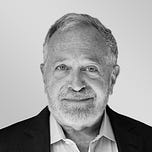
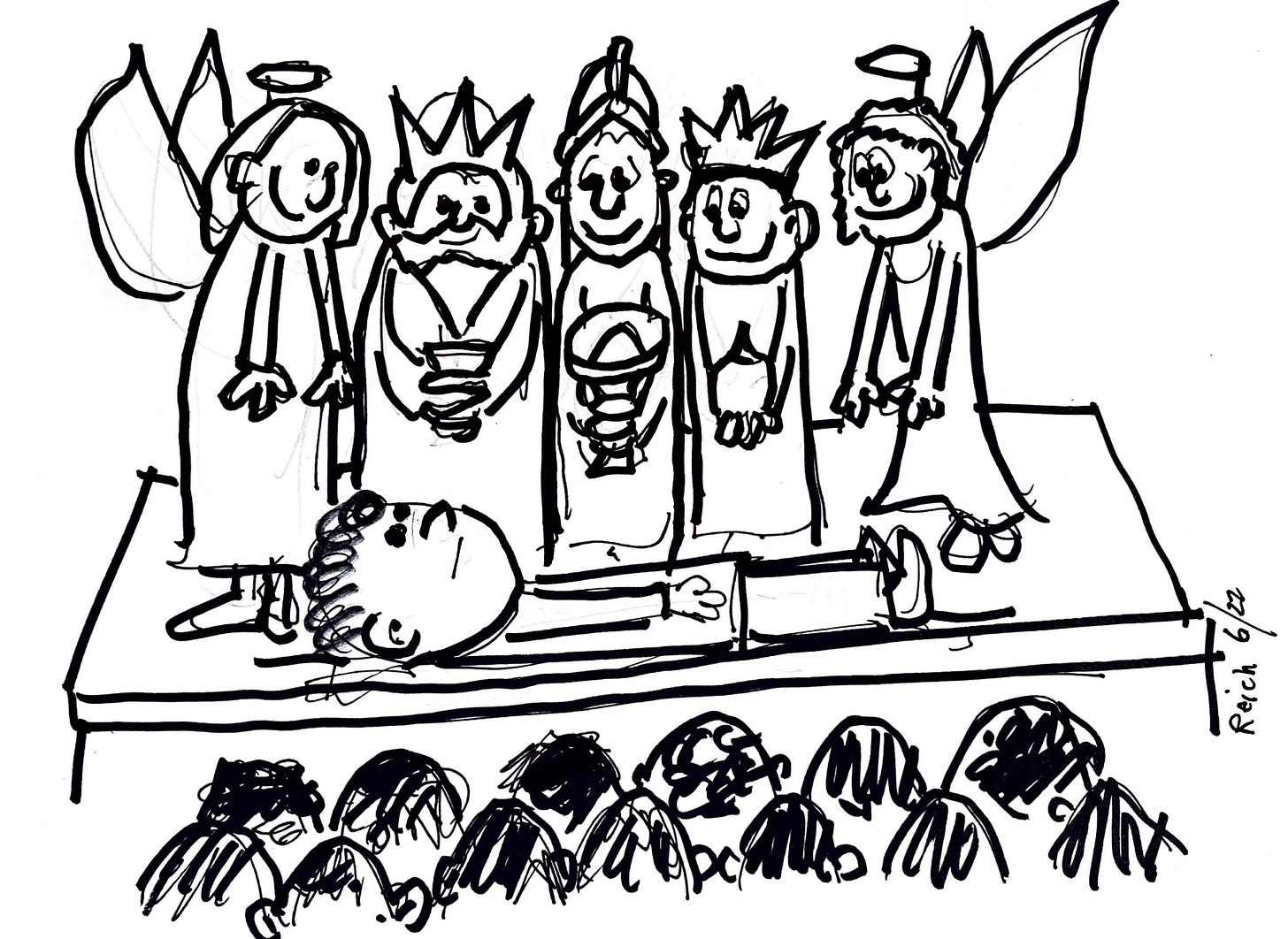

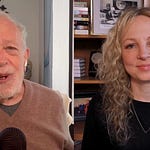
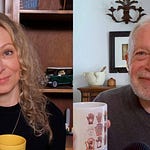
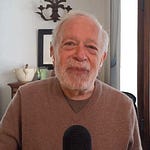
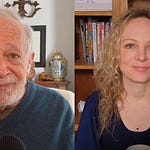
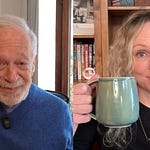



Share this post